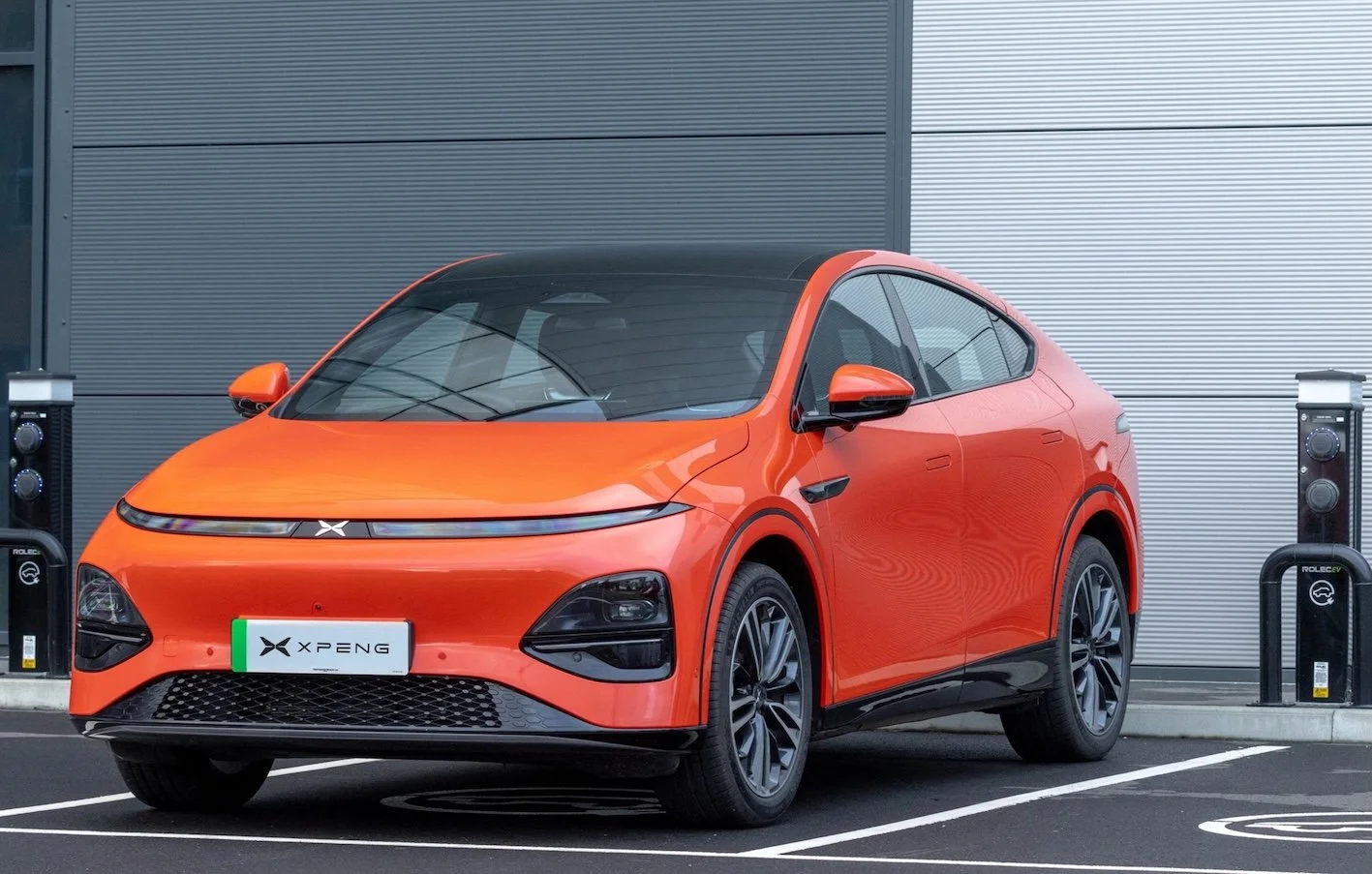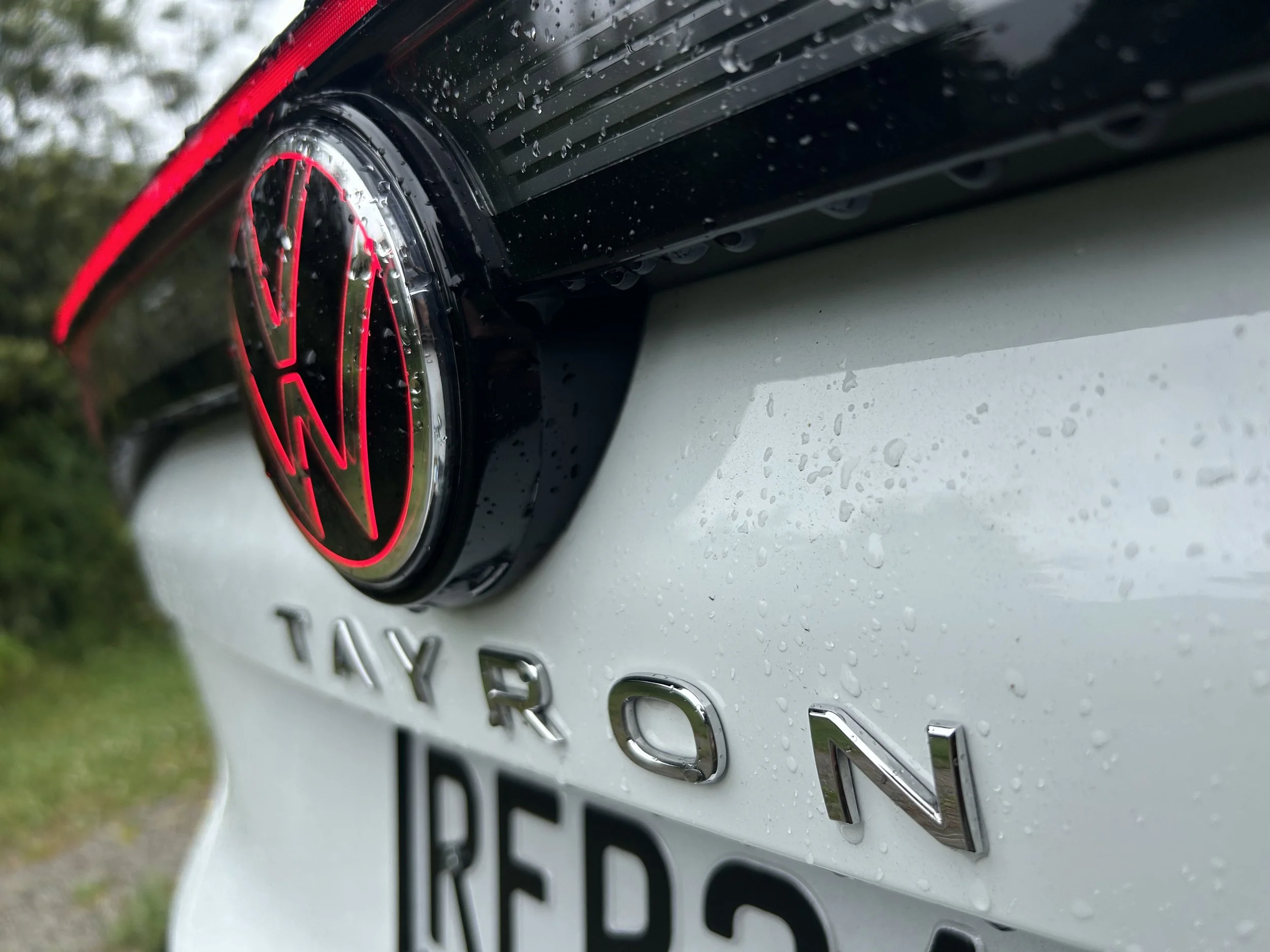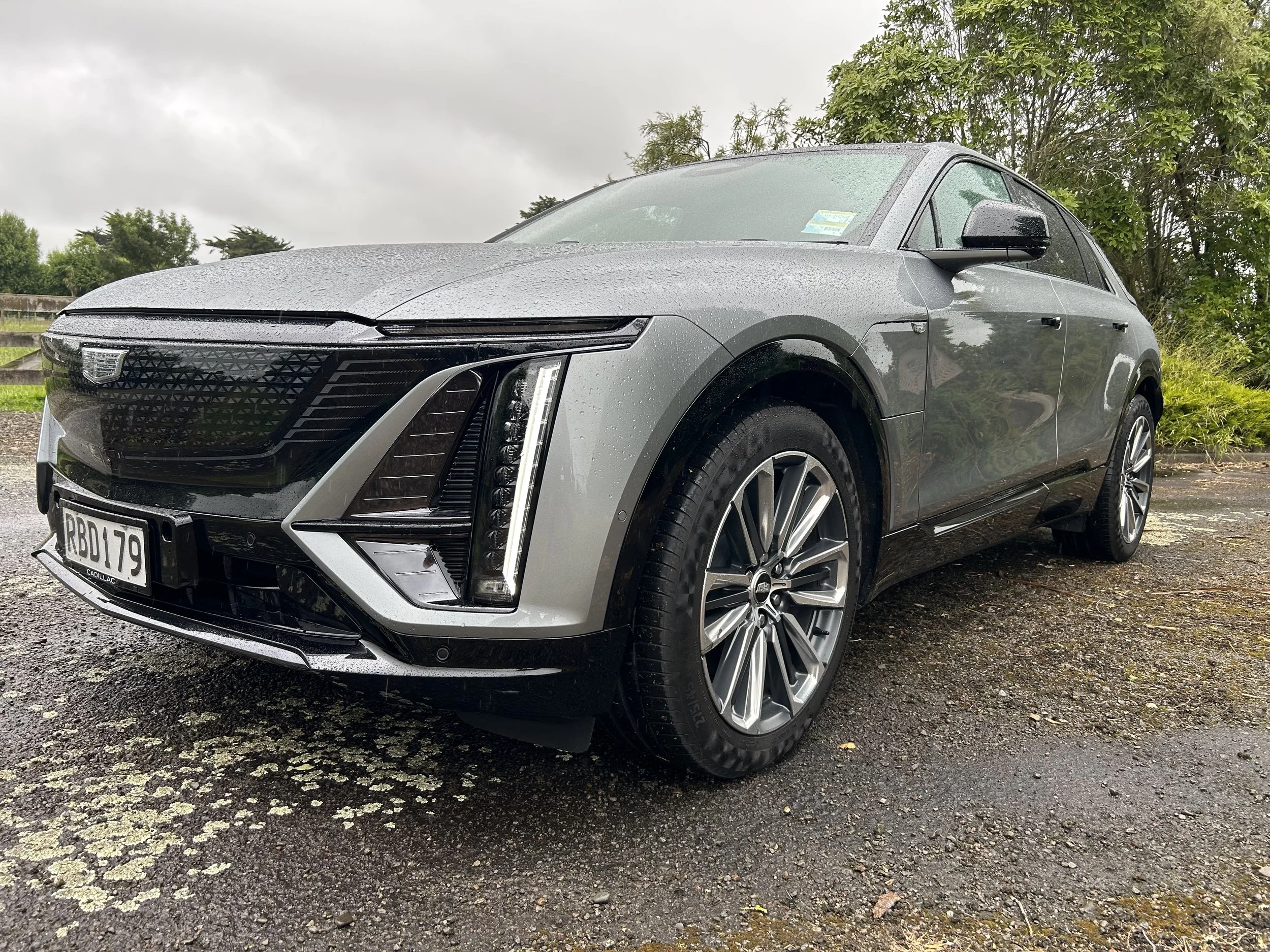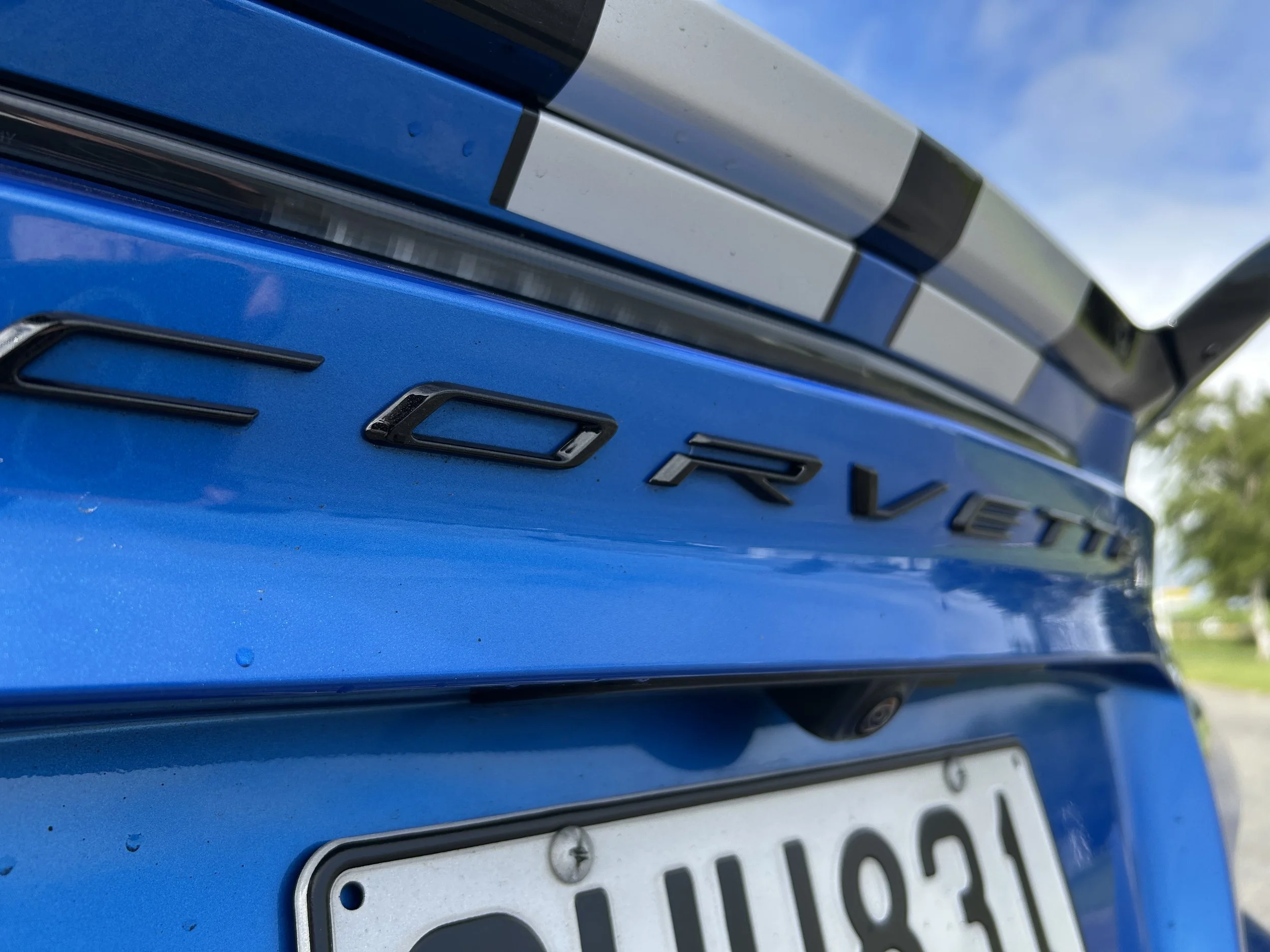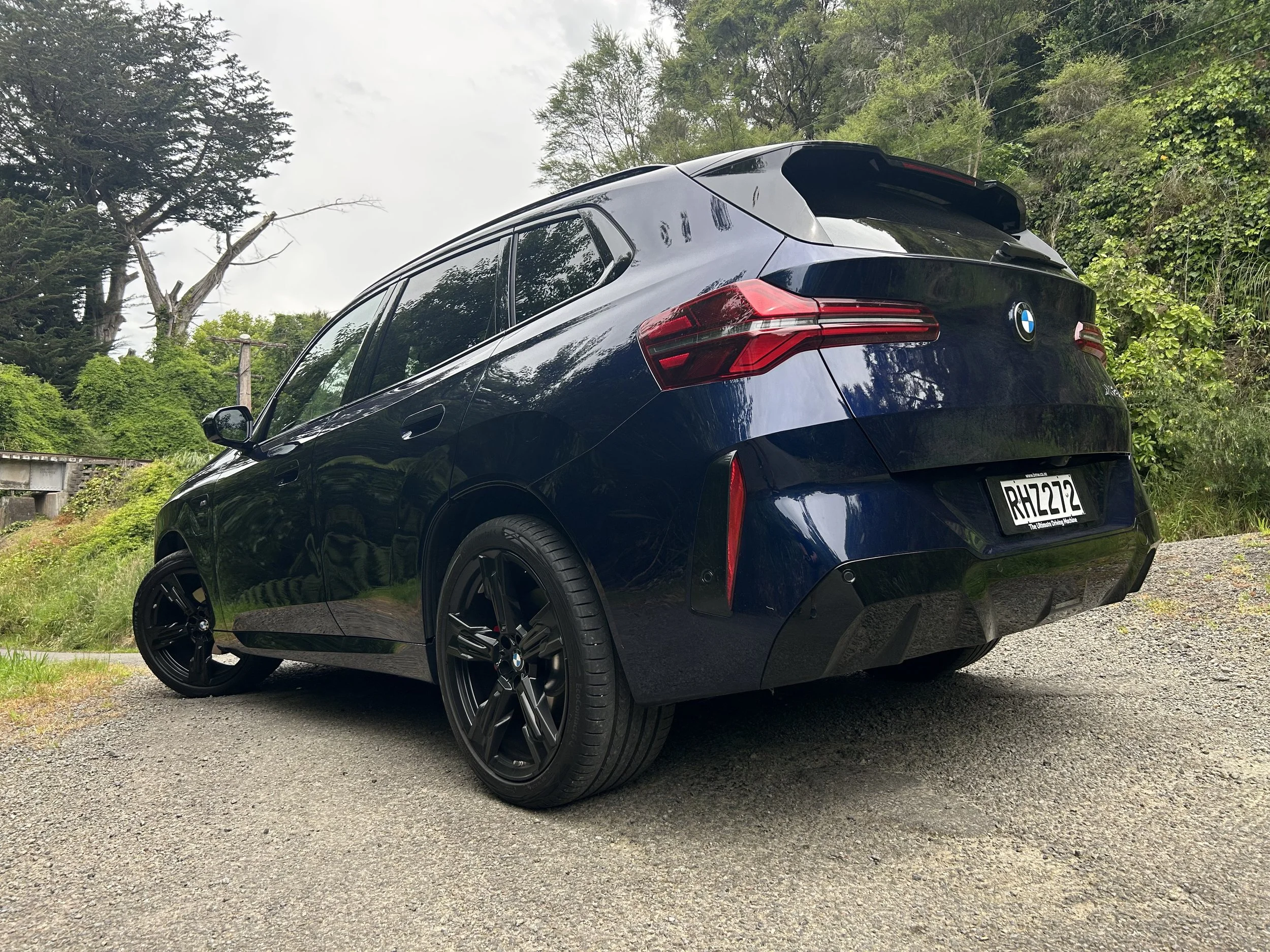TNZ relays fresh brand message
/Latest corporate slogan set to drive Toyota here into next decade.
MARKET-dominant Toyota New Zealand has announced a new brand rhetoric, “Let’s Go Places’, that it says embraces its intents and goals for the next decade.
The Palmerston North-based operation announced this today in a jargon-rich release suggesting a rework of the country’s 64 Toyota sales outlets is coming, along with marketing campaigns about what it is calling “a new brand narrative” different to the long-standing ‘Believe’ slogan it has used until now.
The brand’s provisioned comment suggests it will build on environmental and mobility messages it has been talking about for several years.
It steers clear of discussing what products it aims to deliver, or divorce from, to achieve aims suggested to take it through to 2032.
However, going by intents announced by Toyota Japan last week, it seems probable the span of product will not focus simply on pure electric vehicles, which Japan’s No.1 does not think are the best way forward, regardless that this view is contrary to one held by many rivals.
Toyota’s upmarket affiliate Lexus has already gone full electric, with a small crossover, and recently added a plug-in hybrid, but most of its effort remains with standard, no-mains replenishable hybrids. Toyota NZ is taking a similar route; though it will introduce an electric car, the bZ4X, next year.
TNZ describes ‘Let’s Go Places’ as being a public brand vision that “anchors the company in line with its core pathways of sustainability, mobility, and community.”
Neeraj Lala (above), TNZ’s chief executive officer, says the vision is about addressing where Toyota is heading as a company for the next decade.
“Over the last five decades, we have earned our reputation as a trusted and reliable brand,” he says.
“We feel we have a duty to inspire our customers to move forward together with positivity, optimism, and confidence on our nation’s journey into the future of ‘mobility for all’.
“As a mobility company, we have the capability to help drive positive change for Aotearoa, to develop a transport ecosystem that’s affordable, safe, sustainable, and accessible to all.”
Lala says the change is fundamentally driven by Toyota New Zealand’s desire to create further positive change within the country.
“Let’s Go Places is about how we’re changing as a country, and how Toyota is changing alongside that.
“We’re committed to becoming net zero carbon by 2050, we’re working to improve access and affordability of our vehicles for everyone, to improve vehicle safety through technology.”
He said these goals are interwoven with the company’s core sustainability, mobility, and community pathways.
“Mobility is about ensuring that no customer is left behind, and that mobility solutions are affordable, accessible, and safe for everyone,” says Lala.
“This could be a future where private car ownership is no longer the norm and where people instead rely on usage solutions such as mobility as a service, or personal micro mobility solutions such as the Toyota i-Road. Providing consumers greater flexibility while reducing inner city congestion and carbon emissions. It even extends to human mobility solutions.
“The pathway is about an equitable, inclusive transition to net zero carbon, utilising electrification technology, and a circular economy that considers the entire lifecycle of a vehicle. It is one that is focused on sharing, leasing, reusing, repairing, refurbishing, and recycling resources and products to extend their lifecycles and minimise waste.”
“Our community is the Toyota community, the communities we operate in, and all of Aotearoa. Our local communities have supported us for decades, and we are focused on how we can make a positive social impact and give back to them,” he says.
The announcement comes less than a week after Toyota Japan boss Akio Toyoda reinstated that his brand will stick to a strategy of new vehicle development that does not wholly focus on pure electric cars, a policy that has attracted criticism by some investors and environmentalist groups that the company is transitioning too slowly to EVs.
He reiterated his belief EVs are not the only solution for car makers to reach carbon neutrality.
Accordingly, the company will play “with all the cards in the deck” and offer a wide-array of so-called electrified vehicles for the foreseeable future – ranging from hybrids and plug-ins to all-electric and hydrogen electric vehicles.
Since the Prius launched in 1997, Toyota says it has sold more than 20 million electrified vehicles worldwide. The company says those sales have avoided 160 million tons of CO2 emissions, which is the equivalent to the impact of 5.5 million all-electric battery vehicles.





